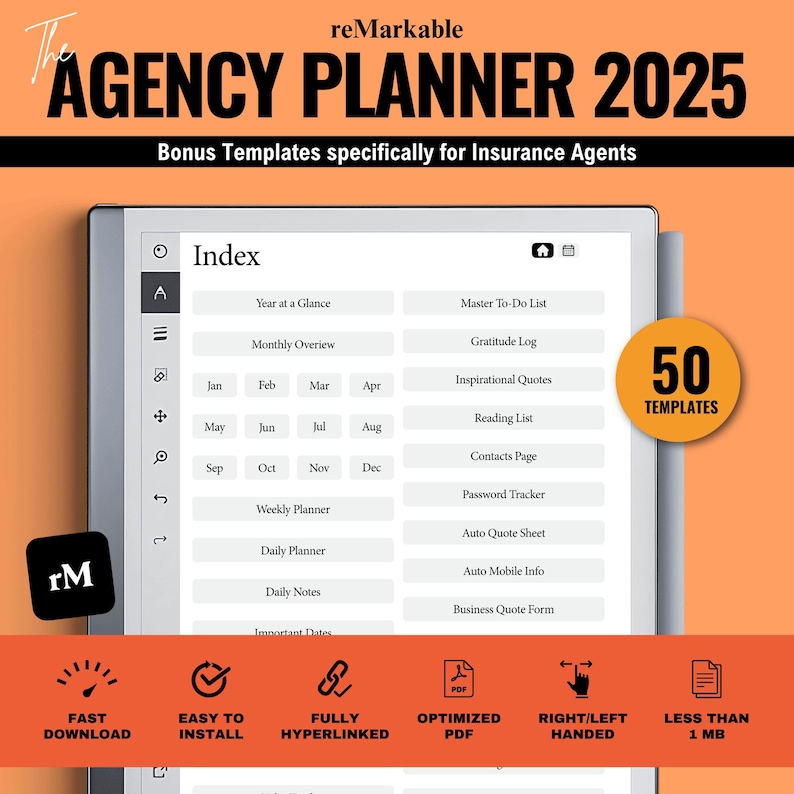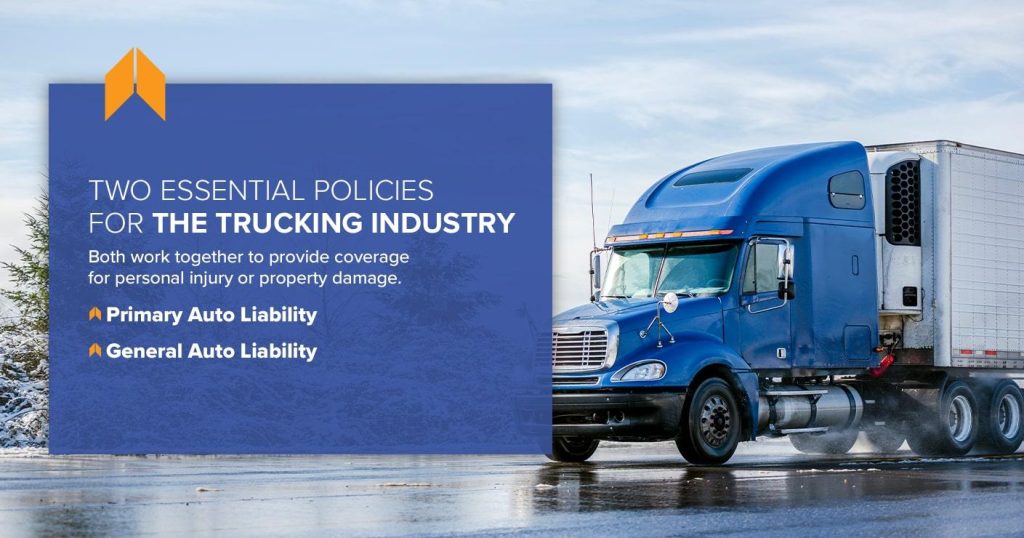Starting a trucking business in 2024 comes with its unique set of challenges—and securing the right insurance coverage is one of the most critical steps to safeguarding your investment. Whether you’re launching a fleet or operating a single rig, understanding the complexities of trucking insurance can mean the difference between long-term success and costly setbacks. In this article, we’ll break down essential insurance tips that every trucking startup needs to know to protect their assets, comply with regulations, and maintain financial stability in an increasingly competitive industry. If you’re serious about building a sustainable trucking business, these insights will help you navigate the insurance landscape with confidence.
Table of Contents
- Choosing the Right Insurance Coverage to Protect Your Trucking Startup
- Understanding Liability Risks and How to Mitigate Them Effectively
- Navigating Regulatory Requirements for Trucking Insurance in 2024
- Cost Management Strategies for Affordable Yet Comprehensive Trucking Insurance
- To Conclude
Choosing the Right Insurance Coverage to Protect Your Trucking Startup
Selecting coverage that aligns precisely with your trucking startup’s needs is crucial to avoid gaps that could lead to costly liabilities. Begin by evaluating the scope of your operations—consider the types of cargo you’ll haul, the distances traveled, and whether your trucks cross state lines. This will guide you to essential policies such as primary liability insurance to cover damages or injuries caused to others, cargo insurance to protect the freight you transport, and physical damage coverage to repair or replace your vehicles after collisions or unforeseen events. Remember, opting for minimal legal requirements may expose your business to serious financial risks down the road.
Beyond the basics, investing in specialized coverages can safeguard your startup from unique industry challenges. Policies like non-trucking liability insurance shield your business when your truck is used for non-commercial purposes, and bobtail insurance covers incidents when the truck is traveling without a trailer. Additionally, engaging with an experienced insurance broker who understands the trucking industry’s nuances can provide personalized solutions that balance adequate protection with cost-effectiveness. Keeping your insurance policies updated as your startup grows ensures continuous protection against evolving risks.
- Analyze operational risks carefully before choosing policies.
- Maintain compliance with federal and state insurance mandates.
- Consider specialty insurance options tailored to trucking.
- Regularly review and update coverage as your fleet expands.
Understanding Liability Risks and How to Mitigate Them Effectively
In the traction-heavy world of trucking startups, liability risks can quickly escalate from minor setbacks to business-threatening disasters. These risks often stem from factors such as vehicle accidents, cargo damage, or even environmental incidents. It’s crucial to recognize that liability doesn’t just affect your company’s assets but can also jeopardize your reputation and future contracts. To safeguard your startup, adopting a proactive stance on risk management is essential. This means conducting thorough driver training programs, maintaining rigorous vehicle inspection schedules, and ensuring full compliance with state and federal regulations.
Mitigation goes beyond just understanding the risks—it demands implementing layered protections that cover all bases. Key strategies include:
- Comprehensive insurance coverage: Secure policies that cover general liability, cargo, and workers’ compensation tailored to your trucking operations.
- Strong contractual agreements: Draft clear contracts that define liability limits and responsibilities with clients and subcontractors.
- Risk assessment and crisis planning: Regularly review operational vulnerabilities and develop contingency plans to respond swiftly if incidents occur.
By embedding these practices into your startup’s growth blueprint, you can effectively minimize exposure to liability claims and foster a resilient business framework ready for sustainable growth.
Navigating Regulatory Requirements for Trucking Insurance in 2024
Understanding the evolving landscape of trucking insurance regulations is crucial for startups aiming to stay compliant and avoid costly penalties in 2024. New federal and state mandates have introduced stricter guidelines surrounding coverage minimums, driver qualifications, and cargo protection. Startups must invest time in researching these updates, focusing on areas such as:
- Minimum liability coverage: Ensure your policies meet or exceed the new limits set to protect against third-party damages.
- Electronic logging device (ELD) compliance: Verify that your insurance requirements reflect this mandate impacting driver hours and record-keeping.
- Cargo and freight insurance: Adapt coverage based on recent changes to commodity classifications and high-value shipment protocols.
Engaging with specialized insurance brokers who understand the trucking industry’s regulatory demands can dramatically streamline your compliance journey. Additionally, leveraging technology to maintain accurate records and update insurance policies dynamically can prevent lapses and coverage gaps. Remember, staying ahead means not only meeting current regulations but anticipating shifts in policy requirements as the transportation sector evolves.
Cost Management Strategies for Affordable Yet Comprehensive Trucking Insurance
Balancing affordability with comprehensive coverage requires a strategic approach to managing insurance costs. Start by leveraging risk management techniques that directly lower premiums. Implementing rigorous driver safety programs, regular vehicle maintenance schedules, and robust compliance with industry regulations can significantly reduce the frequency and severity of claims. Insurance providers reward low-risk profiles with better rates, so demonstrating a proactive safety culture is key. Additionally, consider bundling policies or working with insurers specializing in trucking startups; tailored packages often offer discounts compared to generic commercial policies.
Another effective approach involves meticulous policy evaluation and coverage customization. Avoid over-insuring by identifying essential coverage components—for example, choosing only necessary endorsements like cargo or trailer interchange insurance instead of broad-scope add-ons. Employing deductible optimization strategies can further control premium costs without sacrificing core protections. Keep track of your fleet size, operational changes, and claims history annually to renegotiate terms and capitalize on any new savings opportunities. Tools such as telematics and GPS systems not only enhance operational efficiency but also provide insurers with data that can lower your overall insurance rates.
- Implement safety and compliance programs to minimize risks
- Bundle policies for discounts and comprehensive coverage
- Customize coverage to avoid paying for unnecessary endorsements
- Adjust deductibles to balance premiums and out-of-pocket costs
- Use telematics for better risk assessment and pricing
To Conclude
Navigating the complex world of insurance is a critical step for any trucking startup aiming to build a strong, compliant, and sustainable business in 2024. By understanding your coverage needs, comparing policies carefully, and working with experienced insurance professionals, you can protect your investment, your drivers, and your future on the road. Remember, the right insurance strategy isn’t just a regulatory requirement — it’s a foundation for long-term success in the demanding trucking industry. Stay informed, stay covered, and drive your startup forward with confidence.






